
[xyz-ihs snippet="NavigationLinksBlock-Common"]
Ode To Joy
(Symphony No.9)
(Easy Version)
by Ludwig van Beethoven
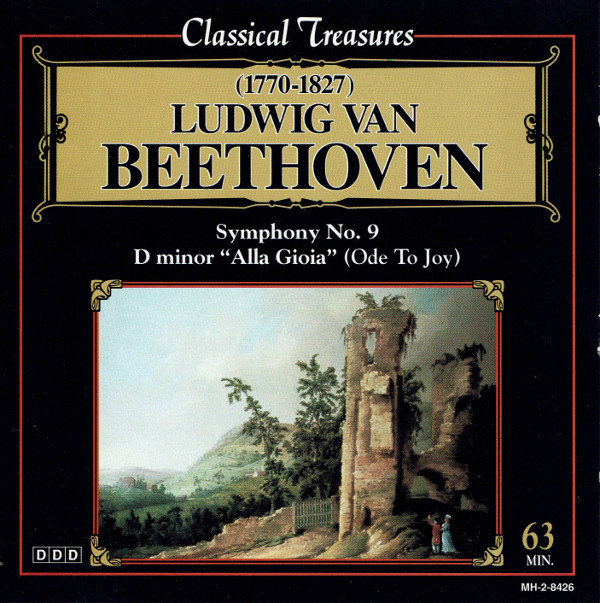
" Ode To Joy " (German: "An die Freude" is an ode written in the summer of 1785 by German poet, playwright, and historian Friedrich Schiller and published the following year in Thalia. A slightly revised version appeared in 1808, changing two lines of the first and omitting the last stanza.
"Ode to Joy" is best known for its use by Ludwig van Beethoven in the final (fourth) movement of his Ninth Symphony, completed in 1824. Beethoven's text is not based entirely on Schiller's poem, and introduces a few new sections. His tune (but not Schiller's words) was adopted as the "Anthem of Europe" by the Council of Europe in 1972 and subsequently by the European Union. Rhodesia's national anthem from 1974 until 1979, "Rise, O Voices of Rhodesia", used the tune of "Ode to Joy".
[video width="640" height="360" mp4="https://www.easypianoonline.com/wp-content/uploads/2021/05/OdeToJoy.mp4"]
Lyrics
Ode To Joy
(English - Translation)
Daughter of Elysium,
We enter, drunk with fire,
Heavenly one, thy sanctuary!
Thy magic binds again
What custom strictly divided;*
All people become brothers,*
Where thy gentle wing abides.
Whoever has succeeded in the great attempt,
To be a friend's friend,
Whoever has won a lovely woman,
Add his to the jubilation!
Yes, and also whoever has just one soul
To call his own in this world!
And he who never managed it should slink
Weeping from this union!
All creatures drink of joy
At nature's breasts.
All the Just, all the Evil
Follow her trail of roses.
Kisses she gave us and grapevines,
A friend, proven in death.
Salaciousness was given to the worm
And the cherub stands before God.
Gladly, as His suns fly
through the heavens' grand plan
Go on, brothers, your way,
Joyful, like a hero to victory.
Be embraced, Millions!
This kiss to all the world!
Brothers, above the starry canopy
There must dwell a loving Father.
Are you collapsing, millions?
Do you sense the creator, world?
Seek him above the starry canopy!
Above stars must He dwell.
An Die Freude
(German - Original)
Freude, schöner Götterfunken,
Tochter aus Elysium,
Wir betreten feuertrunken,
Himmlische, dein Heiligtum!
Deine Zauber binden wieder
Was die Mode streng geteilt*;
Alle Menschen werden Brüder*
Wo dein sanfter Flügel weilt.
Wem der große Wurf gelungen
Eines Freundes Freund zu sein;
Wer ein holdes Weib errungen
Mische seinen Jubel ein!
Ja, wer auch nur eine Seele
Sein nennt auf dem Erdenrund!
Und wer's nie gekonnt, der stehle
Weinend sich aus diesem Bund!
Freude trinken alle Wesen
An den Brüsten der Natur;
Alle Guten, alle Bösen
Folgen ihrer Rosenspur.
Küsse gab sie uns und Reben,
Einen Freund, geprüft im Tod;
Wollust ward dem Wurm gegeben
und der Cherub steht vor Gott.
Froh, wie seine Sonnen fliegen
Durch des Himmels prächt'gen Plan
Laufet, Brüder, eure Bahn,
Freudig, wie ein Held zum Siegen.
Seid umschlungen, Millionen!
Diesen Kuß der ganzen Welt!
Brüder, über'm Sternenzelt
Muß ein lieber Vater wohnen.
Ihr stürzt nieder, Millionen?
Ahnest du den Schöpfer, Welt?
Such' ihn über'm Sternenzelt!
Über Sternen muß er wohnen.
Songwriters: Ludwig van Beethoven / Friedrich Schiller

[xyz-ihs snippet="NavigationLinksBlock-Common"]
Sarabanda - Largo
(Violin Sonata Op. 5 No. 7)
by Arcangelo Corelli
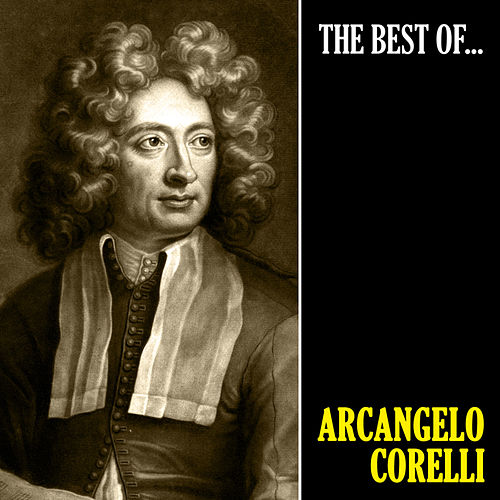
" Sarabanda: Largo " from Violin Sonata Op 5 No7 was composed by Arcangelo Corelli (17 February 1653 – 8 January 1713), an Italian violinist and composer of the Baroque era. His music was key in the development of the modern genres of sonata and concerto, in establishing the preeminence of the violin, and as the first coalescing of modern tonality and functional harmony.
[video width="640" height="360" mp4="https://www.easypianoonline.com/wp-content/uploads/2021/05/LargoCorelli.mp4"]

Playlist of Tutorials for Songs from Faure, Gabriel (List Ordered by Song Name) A B C D E F G H I J K L…

[xyz-ihs snippet="NavigationLinksBlock-Common"]
Joy To The World
by Lowell Mason

" Joy To The World " is a popular Christmas carol with words by Isaac Watts. The words of the hymn are based on Psalm 98, Psalm 96 (verses 11 and 12) and Genesis Chapter 3 (verses 17 and 18). As of the late 20th century, "Joy to the World" was the most-published Christmas hymn in North America. In the late 18th century, "Joy to the World" was printed with music several times, but the tunes were unrelated to the one commonly used today. The tune usually used today is from an 1848 edition by Lowell Mason for The National Psalmist (Boston, 1848). Mason was by that time an accomplished and well-known composer and arranger. Mason's 1848 publication of the current tune was the fourth version to have been published. The name of this tune was given as "Antioch", and was attributed as being "From Handel". A very similar arrangement of the tune to today's arrangement, and also with the present-day lyrics, was published in Mason's 1839 book The Modern Psalmist. It was also titled "Antioch" and attributed to Handel.
[video width="640" height="360" mp4="https://www.easypianoonline.com/wp-content/uploads/2021/05/JoyToTheWorld.mp4"]
Lyrics
Joy To The World
Let earth receive her King
Let every heart prepare Him room
And heaven and nature sing, and heaven and nature sing
And heaven, and heaven and nature sing
Joy to the world, the Savior reigns
Let men their songs employ
While fields and floods, rocks, hills, and plains
Repeat the sounding joy, repeat the sounding joy
Repeat, repeat the sounding joy
No more let sins and sorrows grow
Nor thorns infest the ground
He comes to make His blessings flow
Far as the curse is found, far as the curse is found
Far as, far as the curse is found
He rules the world with truth and grace
And makes the nations prove
The glories of His righteousness
And wonders of His love, and wonders of His love
And wonders, wonders of His love
Songwriters: Lowell Mason / Isaac Watts / G.F. Handel

[xyz-ihs snippet="NavigationLinksBlock-Common"]
Can–Can (Galop Infernal)
(Easy Version)
by Jacques Offenbach
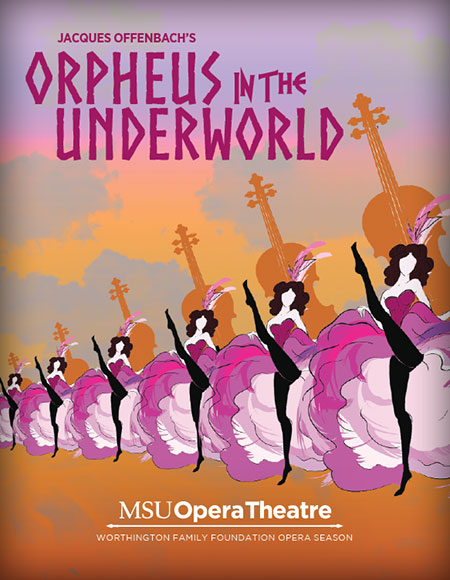
" Can - Can " (Galop Infernal) is a dance from the opera Orpheus in the Underworld or Orpheus in Hell being English names for Orphée aux enfers, a comic opera with music by Jacques Offenbach and words by Hector Crémieux and Ludovic Halévy. It was first performed as a two-act "opéra bouffon" at the Théâtre des Bouffes-Parisiens, Paris, on 21 October 1858, and was extensively revised and expanded in a four-act "opéra féerie" version, presented at the Théâtre de la Gaîté, Paris, on 7 February 1874.
[video width="640" height="360" mp4="https://www.easypianoonline.com/wp-content/uploads/2021/05/CanCan.mp4"]
Lyrics
Can – Can (Infernal Galop)
(English – Translation)
Of an infernal gallop
Let's all give the signal
Long live the hellish gallop!
Give the signal
Of an infernal gallop
Friends, long live the ball
Long live the ball
This ball is original
Of an infernal gallop
Let's all give the signal
Long live the hellish gallop!
Give the signal
Of an infernal gallop
Friends, long live the ball
Long live the ball
Galop Infernal
(French - Original)
Ce bal est original
D'un galop infernal
Donnons tous le signal
Vive la galop infernal!
Donnons le signal
D'un galop infernal
Amis, vive le bal
Vive le bal
Ce bal est original
D'un galop infernal
Donnons tous le signal
Vive la galop infernal!
Donnons le signal
D'un galop infernal
Amis, vive le bal
Vive le bal
Songwriters: Jacques Offenbach / Hector Crémieux / Ludovic Halévy

[xyz-ihs snippet="NavigationLinksBlock-Common"]
God Rest Ye Merry, Gentlemen
English Traditional
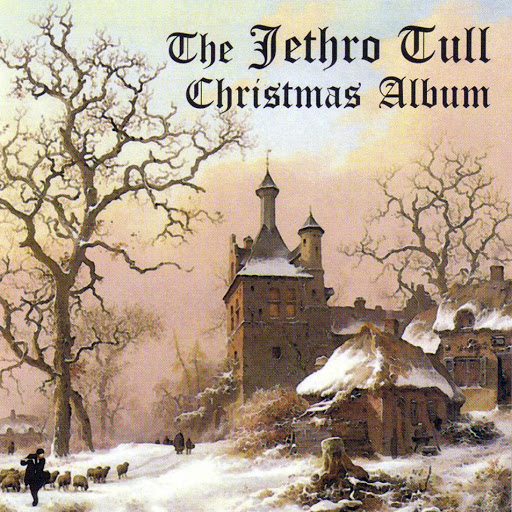
" God Rest Ye Merry, Gentlemen " is an English traditional Christmas carol. It is one of the oldest extant carols, dated to the 16th century or earlier. The earliest known printed edition of the carol is in a broadsheet dated to c. 1760. The traditional English melody is in the minor mode; the earliest printed edition of the melody appears to be in a parody, in the 1829 Facetiae of William Hone. It had been traditional and associated with the carol since at least the mid-18th century, when it was recorded by James Nares under the title "The old Christmas Carol".
[video width="640" height="360" mp4="https://www.easypianoonline.com/wp-content/uploads/2021/05/GodRestYeMerryGentlemen.mp4"]
Lyrics
God Rest Ye Merry, Gentlemen
Let nothing you dismay
Remember Christ our Savior
Was born on Christmas Day
To save us all from Satan's pow'r
When we were gone astray
Oh tidings of comfort and joy
Comfort and joy
Oh tidings of comfort and joy
God rest ye merry gentlemen
Let nothing you dismay
Remember Christ our Savior
Was born on Christmas Day
To save us all from Satan's pow'r
When we were gone astray
Oh tidings of comfort and joy
Comfort and joy
Oh tidings of comfort and joy
In Bethlehem, in Israel
This blessed Babe was born
And laid within a manger
Upon this blessed morn
The which His Mother Mary
Did nothing take in scorn
Oh tidings of comfort and joy
Comfort and joy
Oh tidings of comfort and joy
Fear not then, said the Angel
Let nothing you affright
This day is born a Savior
Of a pure Virgin bright
To free all those who trust in Him
From Satan's pow'r and might
Oh tidings of comfort and joy
Comfort and joy
Oh tidings of comfort and joy
God rest ye merry gentlemen
Let nothing you dismay
Remember Christ our Savior
Was born on Christmas Day
To save us all from Satan's pow'r
When we were gone astray
Oh tidings of comfort and joy
Comfort and joy
Oh tidings of comfort and joy
Songwriters: English Traditional

[xyz-ihs snippet="NavigationLinksBlock-Common"]
The Star-Spangled Banner
by John Stafford Smith
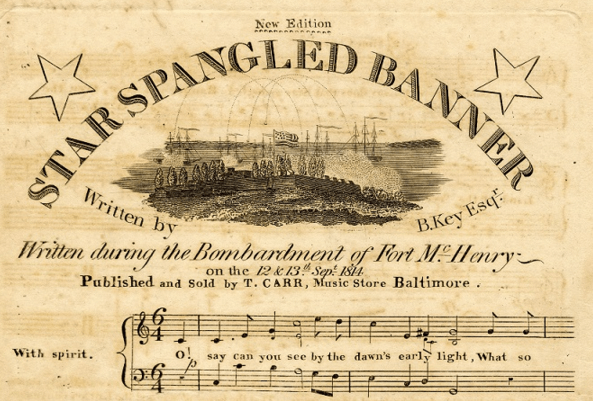
" The Star – Spangled Banner " is the national anthem of the United States. The lyrics come from the "Defence of Fort M'Henry", a poem written on September 14, 1814, by 35-year-old lawyer and amateur poet Francis Scott Key after witnessing the bombardment of Fort McHenry by British ships of the Royal Navy in Baltimore Harbor during the Battle of Baltimore in the War of 1812. Key was inspired by the large U.S. flag, with 15 stars and 15 stripes, known as the Star-Spangled Banner, flying triumphantly above the fort during the U.S. victory.
The poem was set to the tune of a popular British song written by John Stafford Smith for the Anacreontic Society, a men's social club in London. "To Anacreon in Heaven" (or "The Anacreontic Song"), with various lyrics, was already popular in the United States. This setting, renamed "The Star-Spangled Banner", soon became a well-known U.S. patriotic song. With a range of 19 semitones, it is known for being very difficult to sing. Although the poem has four stanzas, only the first is commonly sung today.
[video width="640" height="360" mp4="https://www.easypianoonline.com/wp-content/uploads/2021/05/TheStarSpangledBanner.mp4"]
Lyrics
The Star–Spangled Banner
What so proudly we hailed at the twilight’s last gleaming?
Whose broad stripes and bright stars thru the perilous fight,
O’er the ramparts we watched were so gallantly streaming?
And the rocket’s red glare, the bombs bursting in air,
Gave proof through the night that our flag was still there.
Oh, say does that star-spangled banner yet wave
O’er the land of the free and the home of the brave?
On the shore, dimly seen through the mists of the deep,
Where the foe’s haughty host in dread silence reposes,
What is that which the breeze, o’er the towering steep,
As it fitfully blows, half conceals, half discloses?
Now it catches the gleam of the morning’s first beam,
In full glory reflected now shines in the stream:
‘Tis the star-spangled banner! Oh long may it wave
O’er the land of the free and the home of the brave!
And where is that band who so vauntingly swore
That the havoc of war and the battle’s confusion,
A home and a country should leave us no more!
Their blood has washed out their foul footsteps’ pollution.
No refuge could save the hireling and slave
From the terror of flight, or the gloom of the grave:
And the star-spangled banner in triumph doth wave
O’er the land of the free and the home of the brave!
Oh! thus be it ever, when freemen shall stand
Between their loved home and the war’s desolation!
Blest with victory and peace, may the heav’n rescued land
Praise the Power that hath made and preserved us a nation.
Then conquer we must, when our cause it is just,
And this be our motto: “In God is our trust.”
And the star-spangled banner in triumph shall wave
O’er the land of the free and the home of the brave!
Songwriters: John Stafford Smith / Francis Scott Key

[xyz-ihs snippet="NavigationLinksBlock-Common"]
The Black Stallion
(Main Theme)
by Carmine Coppola
<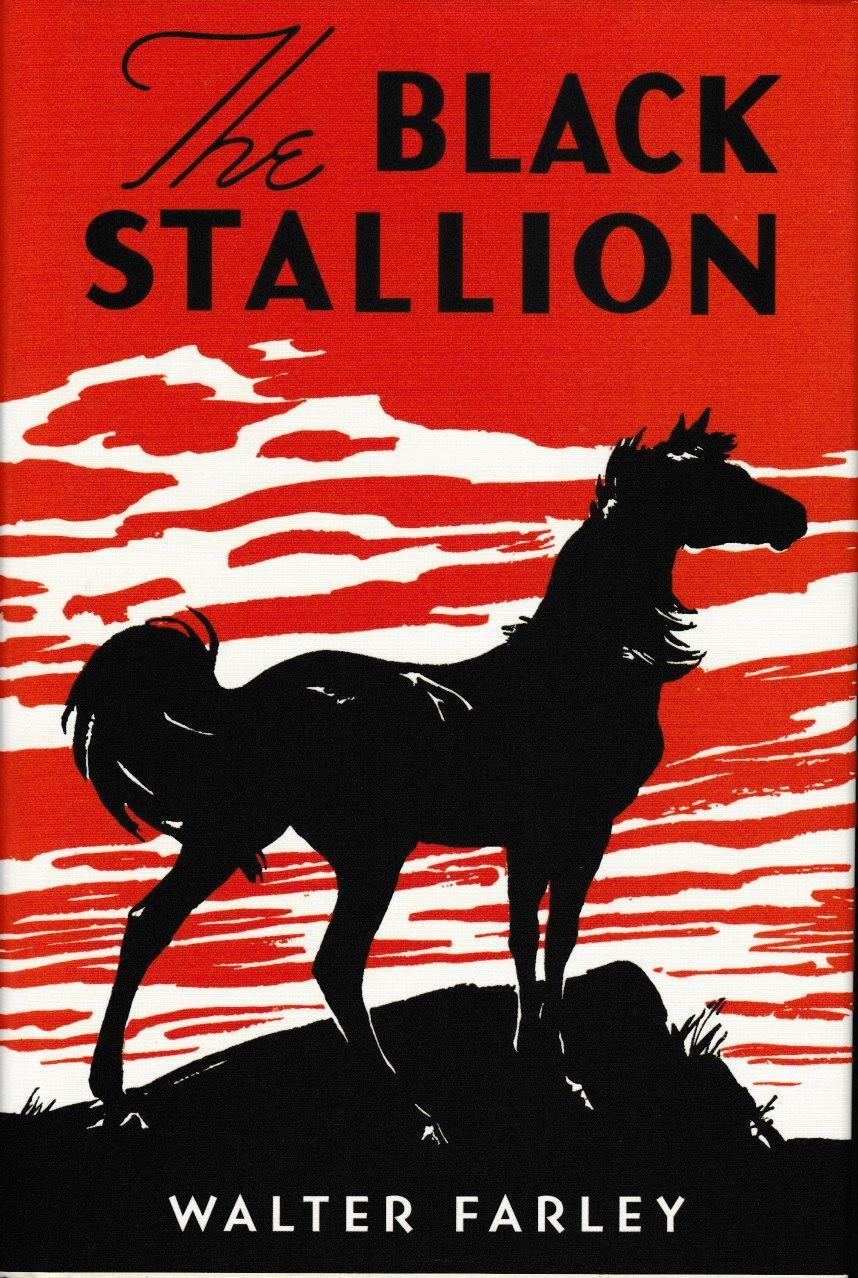
" The Black Stallion " main theme soundtrack is from the 1979 American adventure film “The Black Stallion” based on the 1941 classic children's novel of the same name by Walter Farley. The film starts in 1946, five years after the book was published. It tells the story of Alec Ramsey, who is shipwrecked on a deserted island with a wild Arabian stallion whom he befriends. After being rescued, they are set on entering a race challenging two champion horses.
The film is adapted by Melissa Mathison, Jeanne Rosenberg and William D. Wittliff. It was directed by Carroll Ballard. The film stars Kelly Reno, Teri Garr, Hoyt Axton, Mickey Rooney, and the Arabian horse Cass Ole. The film features music by Carmine Coppola, the father of Hollywood producer Francis Ford Coppola, who was the executive producer of the film. In 2002, The Black Stallion was included in the annual selection of 25 motion pictures to be added to the National Film Registry of the Library of Congress, being deemed "culturally, historically, or aesthetically significant".
[video width="640" height="360" mp4="https://www.easypianoonline.com/wp-content/uploads/2021/05/TheBlackStallionTheme.mp4"]

[xyz-ihs snippet="NavigationLinksBlock-Common"]
Symphony No.1
4th Movement Theme
(Adagio)
by Johannes Brahms
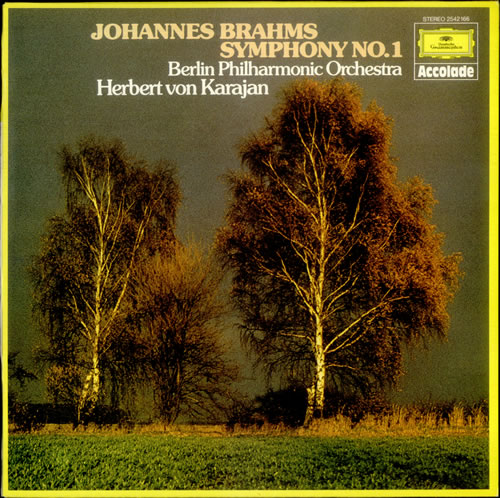
" Symphony No. 1 In C Minor Op. 68 " is a symphony written by Johannes Brahms. Brahms spent at least fourteen years completing this work, whose sketches date from 1854. Brahms himself declared that the symphony, from sketches to finishing touches, took 21 years, from 1855 to 1876. The premiere of this symphony, conducted by the composer's friend Felix Otto Dessoff, occurred on 4 November 1876, in Karlsruhe, then in the Grand Duchy of Baden. A typical performance lasts between 45 and 50 minutes.
[video width="640" height="360" mp4="https://www.easypianoonline.com/wp-content/uploads/2021/05/BrahmssymphonyNo1-4th-mvt.mp4"]

[xyz-ihs snippet="NavigationLinksBlock-Common"]
Clarinet Concerto In A
2nd Movement (Adagio)
by W.A. Mozart
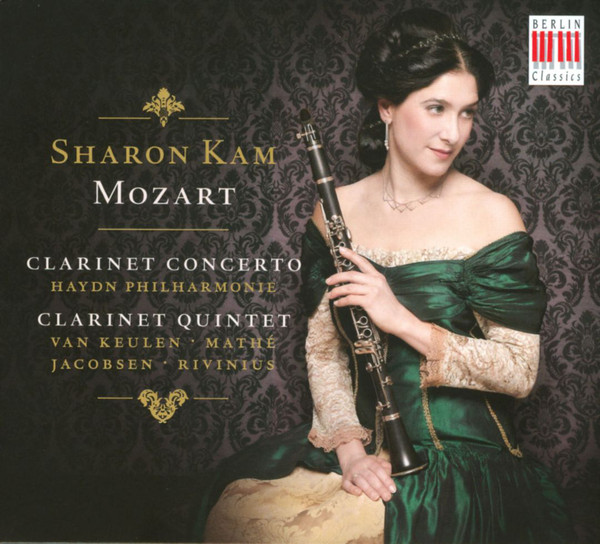
" Clarinet Concerto In A Major " K. 622, was written in October 1791 for the clarinetist Anton Stadler. It consists of three movements, in a fast–slow–fast succession. The Second slow movement is Adagio. As there is no autograph for this concerto and as it was published posthumously, it is difficult to understand all of Mozart's intentions.
[video width="640" height="360" mp4="https://www.easypianoonline.com/wp-content/uploads/2021/05/ClarinetConcertoInA2ndMvt.mp4"]

[xyz-ihs snippet="NavigationLinksBlock-Common"]
Cavatina
by Stanley Myers
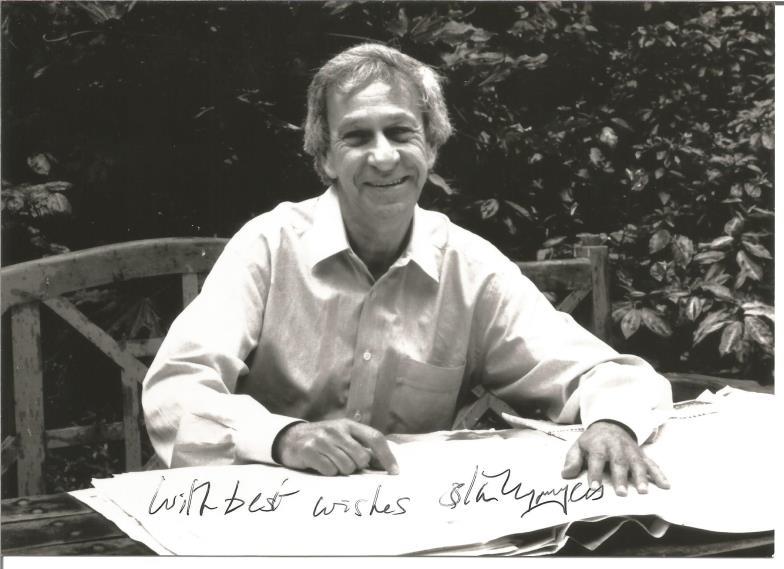
" Cavatina " is a 1970 classical guitar piece by British composer Stanley Myers written for the film The Walking Stick (1970), and popularised as the theme from The Deer Hunter some eight years later. As the Italian diminutive of cavata, cavatina is a musical term frequently applied to any simple, melodious air. The piece had been recorded in 1969 by classical guitarist John Williams at Olympic Sound Studios in London, long before the film that made it famous. It had originally been written for piano, but at Williams' invitation Myers re-wrote it for guitar and expanded it. After this transformation, it was first used for the film The Walking Stick (1970). In 1973, Cleo Laine wrote lyrics and recorded the song as "He Was Beautiful", accompanied by Williams. After the release of The Deer Hunter in 1978, Williams' instrumental version became a UK Top 20 hit.
[video width="640" height="360" mp4="https://www.easypianoonline.com/wp-content/uploads/2021/05/CavatinaDeerHunter1.mp4"]
Lyrics
Cavatina
(He Was Beautiful)
Beautiful to my eyes.
From the moment I saw him,
The sun filled the sky.
He was so so beautiful,
Beautiful just to hold.
In my dreams he was spring time
Winter was cold.
How could I tell him
What I so clearly could see
Though I longed for him
I never trusted me completely
So I never could be free.
Oh, but it was beautiful
Knowing now that he cared
I will always remember
Moments that we shared
Now it's all over
Still the feelings linger on
For my dream keeps returning
Now that he's gone.
For it was beautiful, beautiful,
Beautiful to be loved
Songwriters: Stanley Myers / Cleo Laine

[xyz-ihs snippet="NavigationLinksBlock-Common"]
Final Fantasy VII
(Main Theme / Cloud's Theme)
by Nobou Uematsu

" Final Fantasy VII - Main Theme / Cloud's Theme " is a soundtrack composed by Nobuo Uematsu from Final Fantasy VII, a 1997 role-playing video game developed by Square for the PlayStation console. It is the seventh main installment in the Final Fantasy series. Published in Japan by Square, it was released in other regions by Sony Computer Entertainment and is the first in the main series with a PAL release. The game's story follows Cloud Strife, a mercenary who joins an eco-terrorist organization to stop a world-controlling megacorporation from using the planet's life essence as an energy source. Events send Cloud and his allies in pursuit of Sephiroth, a former member of the corporation who seeks to harm the planet and become a god. During the journey, Cloud builds close friendships with his party members, including Aerith Gainsborough, who holds the secret to saving their world.
[video width="640" height="360" mp4="https://www.easypianoonline.com/wp-content/uploads/2021/05/FinalFantasy7MainTheme.mp4"]

[xyz-ihs snippet="NavigationLinksBlock-Common"]
Stars
by Claude-Michel Schonberg

" Stars " is a song from the musical Les Miserables, sung by Javert. It is composed by Claude-Michel Schonberg, and is the 19th song in Act I of the musical. It takes place after Javert unwittingly saves Valjean and Cosette from Thénardier and his gang's attempt to rob both of them, and subsequently discovers that Valjean, his old time rival, has surfaced once again, but has slipped through his grasp. Javert vows to complete his manhunt.
[video width="640" height="360" mp4="https://www.easypianoonline.com/wp-content/uploads/2021/05/Stars.mp4"]
Lyrics
Stars
A fugitive running
Fallen from God
Fallen from Grace
God be my witness
I never shall yield
'Til we come face to face
'Til we come face to face
He knows his way in the dark
Mine is the way of the Lord
Those who follow the path of the righteous
Shall have their reward
And if they fall as Lucifer fell
The flames
The sword
Stars
In your multitudes
Scarce to be counted
Filling the darkness
With order and light!
You are the sentinels
Silent and sure
Keeping watch in the night
Keeping watch in the night
You know your place in the sky
You hold your course and your aim
And each in your season
Returns and returns
And is always the same
And if you fall as Lucifer fell
You fall in flame
And so it must be, for so it is written
On the doorway to paradise
That those who falter and those who fall
Must pay the price
Lord, let me find him
That I may see him
Safe behind bars
I will never rest
'Til then
This I swear
This I swear by the stars
Songwriters: Schonberg Claude Michel / Boublil Alain Albert / Herbert Kretzmer

[xyz-ihs snippet="NavigationLinksBlock-Common"]
Birdcatcher's Song
(Der Vogelfanger bin ich ja)
by W.A. Mozart
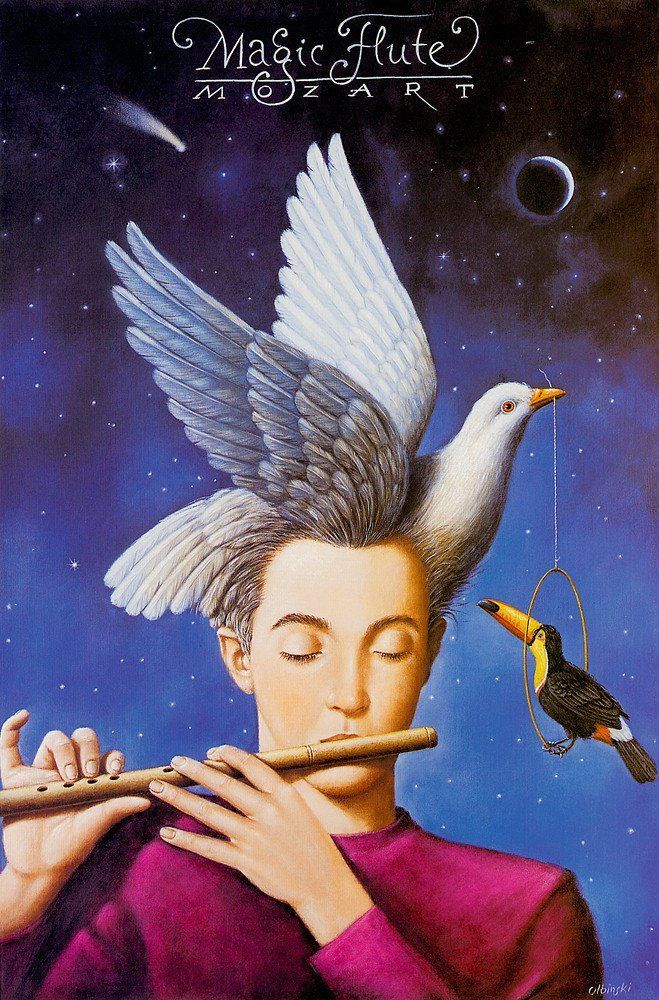
" The Birdcatcher's Song " “Der Vogelfänger bin ich ja”, which may be roughly translated from German as “I am the bird catcher, yes” is the opening aria for the jolly bird-catcher Papageno, from Mozart's opera The Magic Flute. Papageno enters wearing his costume of feathers and with a birdcage strapped to his back. In both hands he has a pan pipe which he plays before and during the song. He sings cheerfully of the pleasures of catching birds, but muses that it would be nice to be able to catch pretty girls too, and to make the one he liked best his wife.
[video width="640" height="360" mp4="https://www.easypianoonline.com/wp-content/uploads/2021/05/TheBirdcatchersSong.mp4"]
Lyrics
The Birdcatcher's Song
(English - Translation)
always cheerful, hip hooray!
As a bird-catcher I'm known
to young and old throughout the land.
I know how to set about luring
and how to be good at piping.
That's why I can be merry and cheerful,
for all the birds are surely mine.
The bird-catcher, that's me,
always cheerful, hip hooray!
As a bird-catcher I'm known
to young and old throughout the land.
I'd like a net for girls,
I'd catch them for myself by the dozen!
Then I'd lock them up with me,
and all the girls would be mine.
If all the girls were mine,
I'd barter plenty of sugar:
the one I liked best,
I'd give her the sugar at once.
And if then she kissed me tenderly,
she would be my wife and I her husband.
She'd fall asleep at my side,
and I'd rock her like a child.
Der Vogelfänger bin ich ja
(German – Original)
Der Vogelfänger bin ich ja,
Stets lustig heissa hopsasa!
Ich Vogelfänger bin bekannt
bei Alt und Jung im ganzen Land.
Weiß mit dem Lokken umzugehn
und mich aufs Pfeiffen zu verstehen!
Drum kann ich froh und lustig sein,
Denn alle Vögel sind ja mein.
Der Vogelfänger bin ich ja,
Stets lustig heissa hopsasa!
Ich Vogenfänger bin bekannt
Bei Alt und Jung im ganzen Land.
Ein Netz für Mädchen möchte ich;
Ich fing sie dutzendweis für mich!
Dann sperrte ich sie bei mir ein
Und alle Mädchen wären mein.
Wenn alle Mädchen wären mein,
So tauschte ich brav Zukker ein.
Die welche mir am liebsten wär,
der gäb ich gleich den Zukker her.
Und küsste sie mich zärtlich dann,
Wär' sie mein Weib und ich ihr Mann.
Sie schlief an meiner Seite ein;
ich wiegte wie ein Kind sie ein.
Songwriters: Wolfgang Amadeus Mozart

[xyz-ihs snippet="NavigationLinksBlock-Common"]
Pilgrim's Chorus
by Richard Wagner
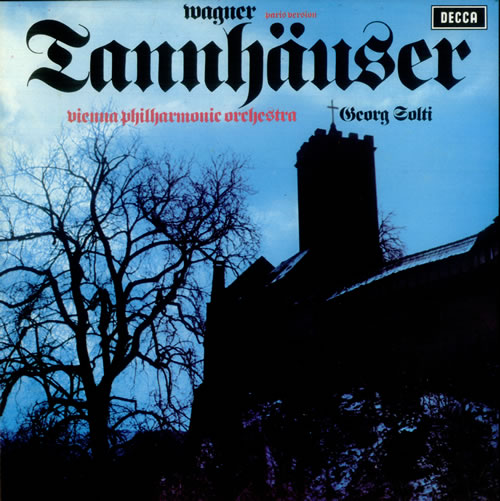
" Pilgrim's Chorus " is from the opera Tannhauser. Tannhäuser full title Tannhäuser und der Sängerkrieg auf Wartburg, "Tannhäuser and the Minnesingers' Contest at Wartburg" is an 1845 opera in three acts, with music and text by Richard Wagner (WWV 70 in the catalogue of the composer's works). It is based on two German legends: Tannhäuser, the mythologized medieval German Minnesänger and poet, and the tale of the Wartburg Song Contest. The story centers on the struggle between sacred and profane love, as well as redemption through love, a theme running through most of Wagner's work.
The opera remains a staple of major opera house repertoire in the 21st century.
[video width="640" height="360" mp4="https://www.easypianoonline.com/wp-content/uploads/2021/05/PilgrimsChorus.mp4"]
Lyrics
Pilgrim's Chorus
(English – Translation)
And gladly greet thy pleasant pastures;
Now, I lay my pilgrim's staff aside to rest,
For, faithful to God, I have completed my pilgrimage.
Through penance and repentance I have propitiated
The Lord, whom my heart serves,
Who crowns my repentance with blessing,
The Lord to whom my song goes up.
The Lord to whom my song goes up.
The salvation of pardon is granted the penitent,
He will one day walk in the peace of the blessed.
Hell and death do not appal him,
Therefore will I praise God my life long.
Hallelujah,
Hallelujah,
Eternally, eternally.
Chor der Pilger
(German – Original)
Beglückt darf nun dich, o Heimat, ich schauen,
Und grüßen froh deine lieblichen Auen;
Nun lass' ich ruhn den Wanderstab,
Weil Gott getreu ich gepilgert hab'.
Durch Sühn' und Buß' hab' ich versöhnt
Den Herren, dem mein Herze frönt,
Der meine Reu' mit Segen krönt,
Den Herren, dem mein Lied ertönt.
Den Herren, dem mein Lied ertönt.
Der Gnade Heil ist dem Büßer beschieden,
Er geht einst ein in der Seligen Frieden.
Vor Höll' und Tod ist ihm nicht bang,
Drum preis' ich Gott mein Lebelang.
Halleluja,
Halleluja,
In Ewigkeit, in Ewigkeit.
Songwriters: Richard Wagner







































